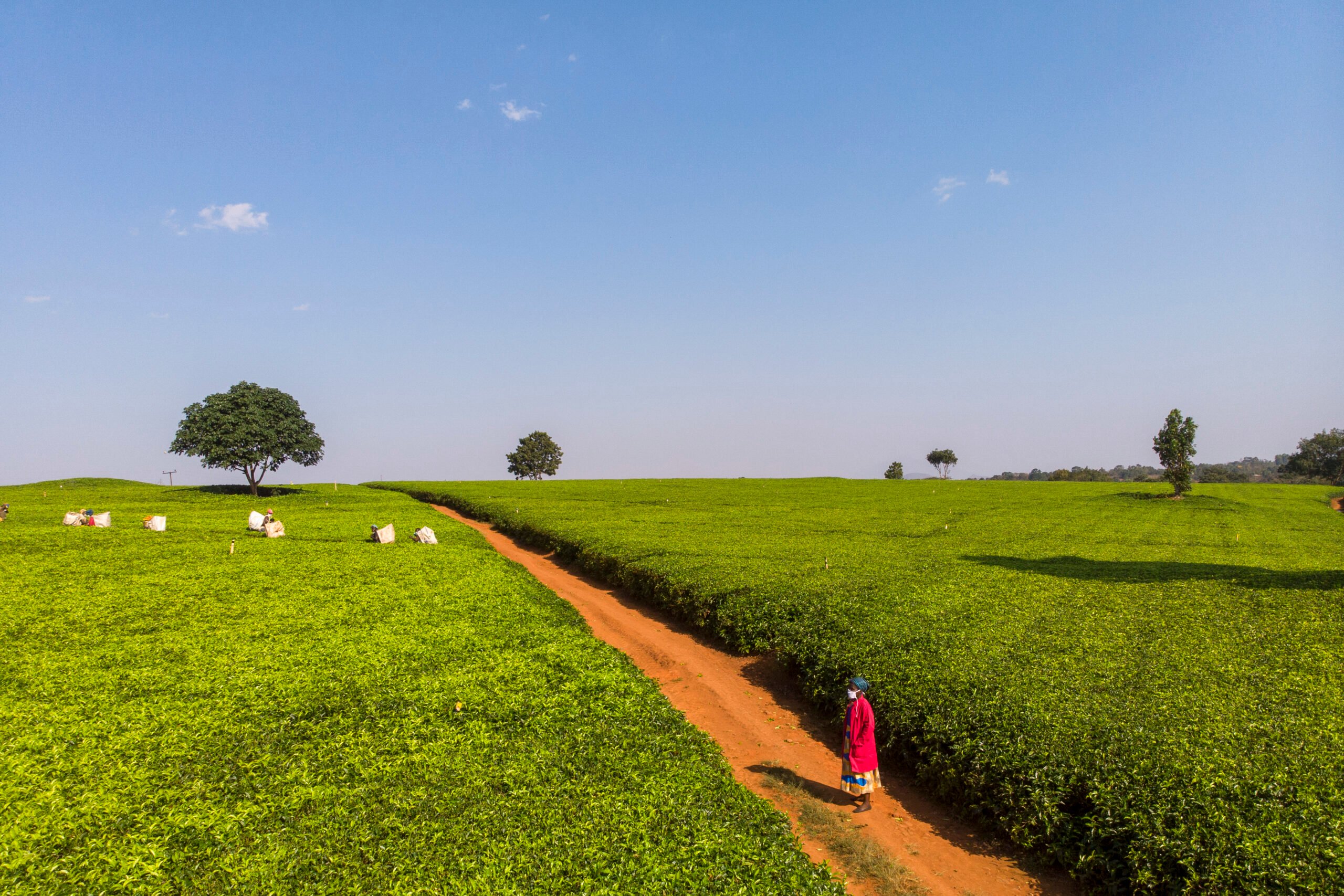India summary
Read moreFacts & figures
Economics
The proposed living wage is 81% higher than the actual wages received by tea plantation workers.
Equality
75% of the full-time workers on Indian farms are women, but most are in low-paid jobs.
Environment
Assam is the most climate vulnerable state in India, which will impact the future of tea production.
Regional priorities
Projects
ETP’s projects aim to provide social protection to tea workers, address gender inequality, and ensure female representation across the sector.
Private sector change
We aim to support the organised tea sector in India towards better transparency and ESG disclosure.
Policy
In 2023, we are completing a legislative and policy review and action plan to guide our India policy work.

